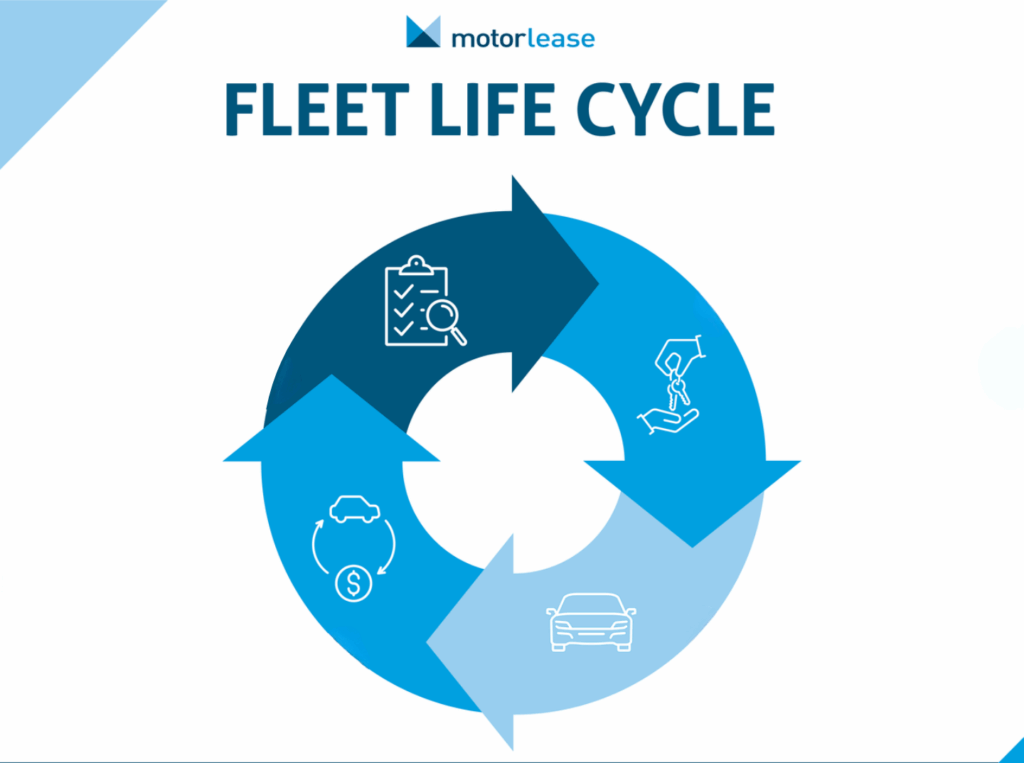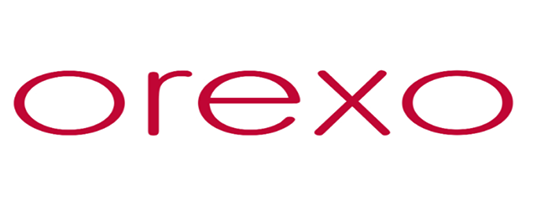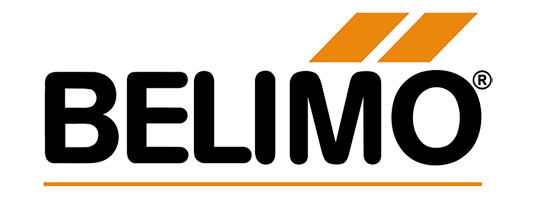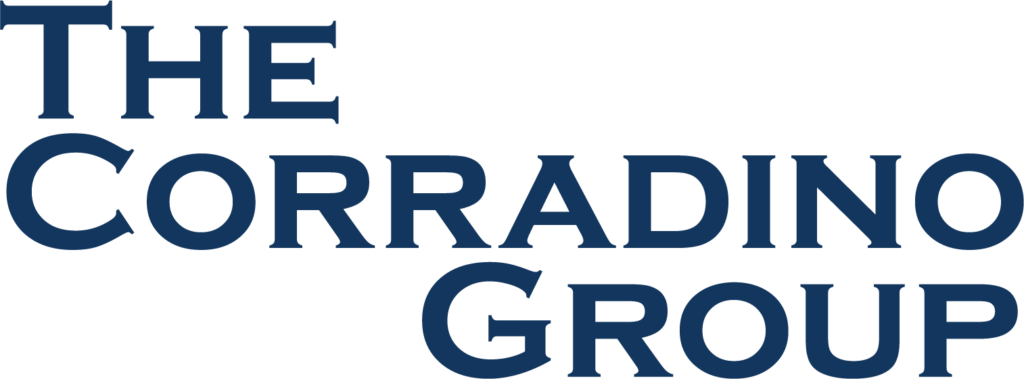Managing a fleet of vehicles involves more than just purchasing vehicles; it requires ongoing maintenance, operational oversight, and a strategic approach to minimize costs and maximize efficiency. Businesses must decide whether to manage their fleet in-house or partner with a Fleet Management Company (FMC) like Motorlease. This decision significantly impacts both financial and time resources. In this blog, we’ll explore the economics of outsourced fleet management versus in-house management and highlight the economic and time incentives of fleet leasing.
In This Article
Introduction to Fleet Management vs. Acquisition
The Hidden Costs of Fleet Acquisition
Benefits of Leasing with a Fleet Management Company
Making the Right Choice for Your Fleet
Introduction to Fleet Management vs. Acquisition
When companies opt to purchase their fleet vehicles, the initial acquisition cost is just the tip of the iceberg. The total cost of fleet ownership (TCO) includes the purchase price and ongoing maintenance, repairs, fuel, insurance, and the eventual resale of vehicles. On the other hand, leasing through an FMC can streamline these processes and potentially reduce direct and indirect costs.
The Hidden Costs of Fleet Acquisition
In-house fleet managers may also lose critical time and money shopping for their vehicles, paying full-retail prices typically higher than traditional fleet pricing. Likewise, paying retail for insurance, repairs, and other maintenance services all contribute to the overall cost of “do-it-yourself” management.
One of the primary hidden costs in fleet acquisition is maintenance. In-house fleet management requires a significant time commitment to facilitate routine maintenance and respond to unexpected repairs. It can involve negotiating with repair facilities, authorizing repairs, and dealing with downtime when vehicles are out of service. It can also mean more vehicle maintenance responsibility for individual drivers, creating additional and time-consuming work for employees.
Outside factors, including market shifts, ongoing labor shortages, and continued rising prices for parts and service all contribute to the hidden costs associated with fleet acquisition. (Fleetpal).
Benefits of Leasing with a Fleet Management Company
FMCs provide comprehensive services that cover all aspects of fleet management, including vehicle acquisition, maintenance, fuel management, and telematics. By leveraging economies of scale, FMCs can offer lower maintenance costs, access to advanced technologies, and better pricing on parts and labor. It reduces the financial burden on companies and minimizes the administrative load associated with managing a fleet (American Trucking Association).
Comparing Financial Costs: FMC vs. In-House Fleet Management
1. Financial Incentives of Fleet Leasing:
- Cost Savings: Leasing through an FMC often includes maintenance packages, reducing the unpredictable expenses of repairs and parts replacements. FMCs can negotiate better deals on vehicles and services, translating to lower client costs (Pitstop).
- Predictable Budgeting: Leasing agreements typically have fixed monthly payments, making budgeting more predictable compared to the variable costs of owning and maintaining a fleet (Fleetio).
- Tax Benefits: Lease payments can often be deducted as business expenses, offering potential tax advantages (Automotive Fleet).
2. Total Cost of Ownership (TCO):
- Depreciation: Owning a fleet involves significant depreciation costs, which can be mitigated by leasing, as the FMC bears the risk of depreciation (Automotive Fleet).
- Resale Value: Reselling vehicles can be a time-consuming and financially uncertain process. FMCs handle the resale of vehicles, ensuring clients avoid these challenges (Fleetio). Getting the most value when reselling vehicles often starts at the onset of the lease. An FMC will recommend a vehicle make and model that retains its value throughout the lifetime of the lease and provide the right maintenance recommendations to ensure optimal condition when it comes time to sell.
Time Incentives: How Fleet Leasing Streamlines Operations
1. Reduced Downtime: FMCs offer proactive maintenance and repair services, reducing vehicle downtime and keeping the fleet operational. This is critical for maintaining business continuity and efficiency (American Trucking Association) (Pitstop).
2. Administrative Efficiency: Managing a fleet in-house requires substantial administrative effort, from scheduling maintenance to handling compliance issues. FMCs streamline these processes through integrated systems and dedicated support, freeing up company resources to focus on core business activities (Fleetpal) (Pitstop).
3. Technology Integration: FMCs often provide advanced telematics and fleet management software that offer real-time insights into vehicle performance and maintenance needs. It allows for data-driven decision-making and improved operational efficiency (Fleetio).
Making the Right Choice for Your Fleet
Choosing between in-house fleet management and partnering with an FMC depends on your needs and resources. However, the advantages of leasing—such as reduced financial risk, lower maintenance costs, predictable budgeting, and significant time savings—make it an attractive option for many businesses. By leveraging the expertise and resources of an FMC, companies can focus on their core operations while managing their fleet efficiently and cost-effectively.
In conclusion, while the initial cost of fleet acquisition may seem lower when managing in-house, the ongoing maintenance, administrative burden, and hidden costs often make fleet leasing through an FMC like Motorlease the more economical and efficient choice.
For more information on how Motorlease can help manage your fleet needs, visit our website or contact our team today.












